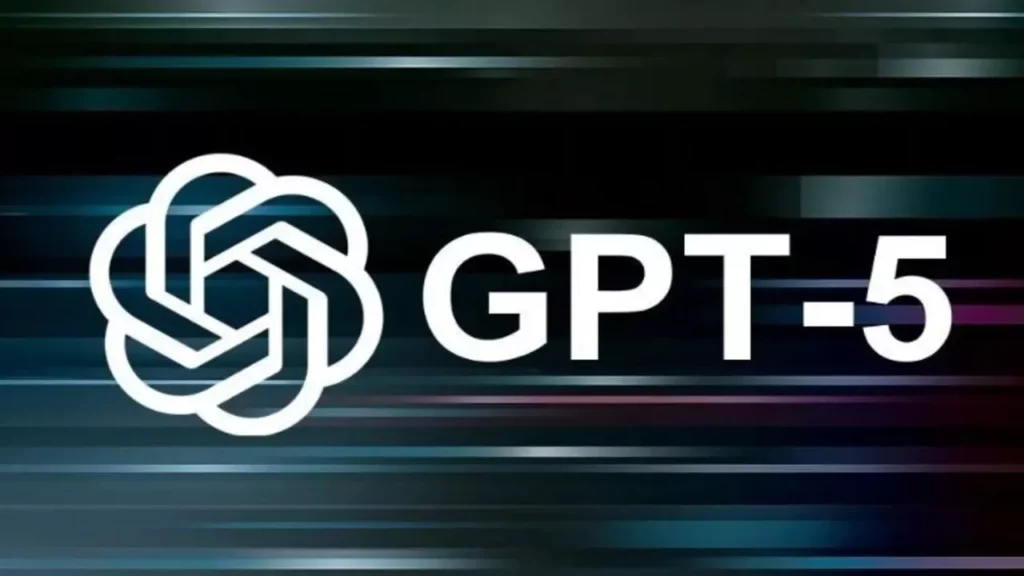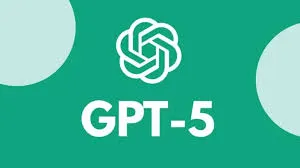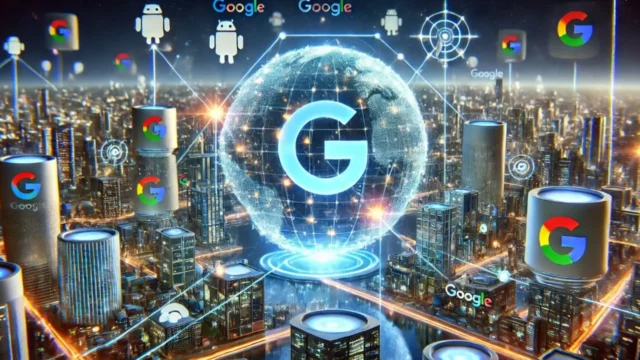OpenAI’s journey toward GPT‑5 has been far from smooth. Once seen as a clear leap forward, this next‑gen model has revealed unexpected challenges from cost overruns to stalled progress, raising questions about how far and fast AI can scale.
Early trials exposed limitations and delays

OpenAI’s development of GPT‑5 faced major hurdles early on. The company’s earlier codenamed project, Orion, failed to deliver the expected performance and was instead released as GPT‑4.5. More training runs followed, but costs soared and improvements came too slowly.
Technical setbacks and data scarcity strain progress
The root problems included shortages of high‑quality training data and inconsistent performance gains from new software tweaks. Researchers experimented with synthetic data and refined reasoning layers, but overall advancement slowed down industry‑wide.
GPT‑5 upgrades focus on coding, reasoning, and multimodal tasks
Despite the setbacks, GPT‑5 promises clear enhancements across multiple fronts. Expected improvements include:
- Stronger coding ability with improved debugging
- Better performance on mathematical reasoning
- A unified system merging earlier specialized models
- Expanded multimodal tools for handling text, audio, and images
These upgrades may not feel like a giant leap, but they mark steady refinement over GPT‑4.5.
Rising concern amid pressure to deliver
OpenAI has faced internal and external pressure. Staff turnover, poaching by rival firms, and a delicate relationship with Microsoft have added tension. Meanwhile, CEO Sam Altman has publicly warned that GPT‑5 could rival the scale of the Manhattan Project, invoking both awe and unease.
An August release looms, but uncertainty remains
GPT‑5 is rumored to arrive in August 2025. Yet OpenAI has not pinned down a firm launch date. Instead, it has rolled out interim tools like advanced coding assistants and logic mini‑models to bridge the gap while final polishing continues.
What does it mean for the future of AI progress?
The road to GPT‑5 illustrates how AI development is entering a new phase, one driven less by explosive leaps and more by incremental refinement. If the model succeeds, it might still fall short of the massive jumps seen between earlier GPT releases. Even so, it could reaffirm OpenAI’s leadership in building more capable, agentic AI systems ahead of a potential future era of AGI.














